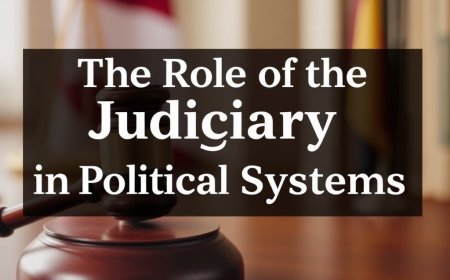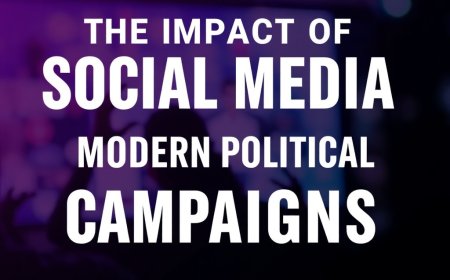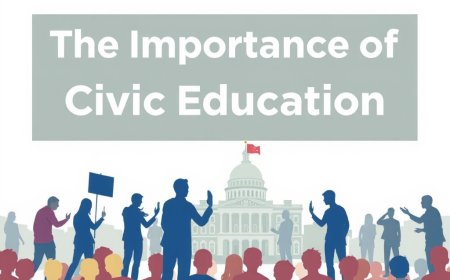The Influence of Lobbying on Policy Making

Lobbying is a ubiquitous aspect of modern governance, with various interest groups vying for influence over policy decisions. The practice of lobbying involves attempting to persuade policymakers to adopt or reject specific policies, often through direct communication, campaign contributions, or other forms of persuasion. In this blog post, we will examine the influence of lobbying on policy making, exploring both the benefits and drawbacks of this practice.
The influence of lobbying on policy making can be significant, as lobbyists often possess specialized knowledge and expertise that can inform policy decisions. For instance, industry lobbyists may provide valuable insights into the potential impacts of regulatory changes, helping policymakers to craft more effective policies. Additionally, lobbying can serve as a means of representation for marginalized or underrepresented groups, providing a voice for those who might otherwise be overlooked in the policy-making process.
However, the influence of lobbying on policy making is not without controversy. Critics argue that lobbying can lead to undue influence by special interest groups, potentially resulting in policies that benefit narrow interests at the expense of the broader public good. Furthermore, the revolving door between government and lobbying firms can create conflicts of interest, as former policymakers may use their connections and expertise to secure lucrative lobbying contracts.
One notable example of the influence of lobbying on policy making is the financial sector's role in shaping the Dodd-Frank Act. Following the 2008 financial crisis, policymakers sought to implement reforms aimed at preventing similar crises in the future. However, the financial sector mounted a significant lobbying effort, resulting in numerous exemptions and loopholes that watered down the legislation's impact. This example illustrates the potential for lobbying to shape policy decisions in ways that may not align with the public interest.
In addition to its impact on specific policies, lobbying can also influence the broader policy-making process. For instance, lobbying can affect the priorities of policymakers, shaping the issues that receive attention and the solutions that are considered. Moreover, lobbying can influence the tone and tenor of policy debates, with lobbyists often framing issues in ways that advance their clients' interests.
Despite these concerns, lobbying is likely to remain a fixture of modern governance. As such, it is essential to develop effective regulations and safeguards to mitigate the risks associated with lobbying. This might involve measures such as increased transparency, stricter disclosure requirements, and cooling-off periods for former policymakers. By promoting greater accountability and transparency in the lobbying process, we can help to ensure that the influence of lobbying on policy making serves the broader public interest.
In conclusion, the influence of lobbying on policy making is a complex and multifaceted issue. While lobbying can provide valuable insights and representation for marginalized groups, it also poses risks of undue influence and conflicts of interest. As policymakers and citizens, it is essential to be aware of these dynamics and to work towards promoting greater transparency and accountability in the lobbying process. By doing so, we can help to ensure that policy decisions reflect the needs and interests of the broader public, rather than just those of special interest groups.
This blog post has explored the various ways in which lobbying influences policy making, from shaping specific policies to influencing the broader policy-making process. Through a nuanced examination of the benefits and drawbacks of lobbying, we have seen that this practice is both a necessary aspect of modern governance and a potential source of controversy. As we move forward, it is crucial to strike a balance between allowing for the free flow of information and ideas, while also preventing the undue influence of special interest groups.
















